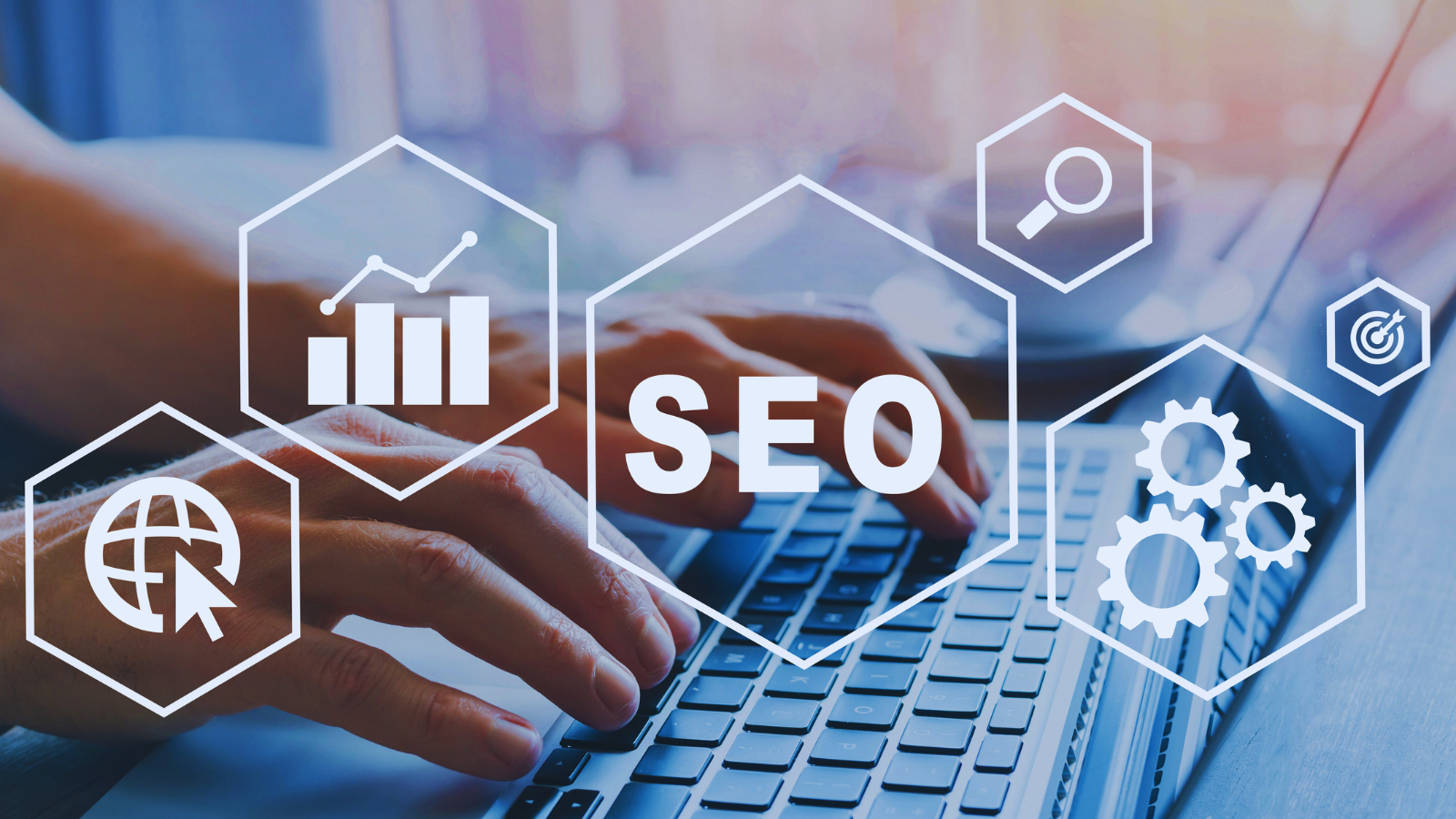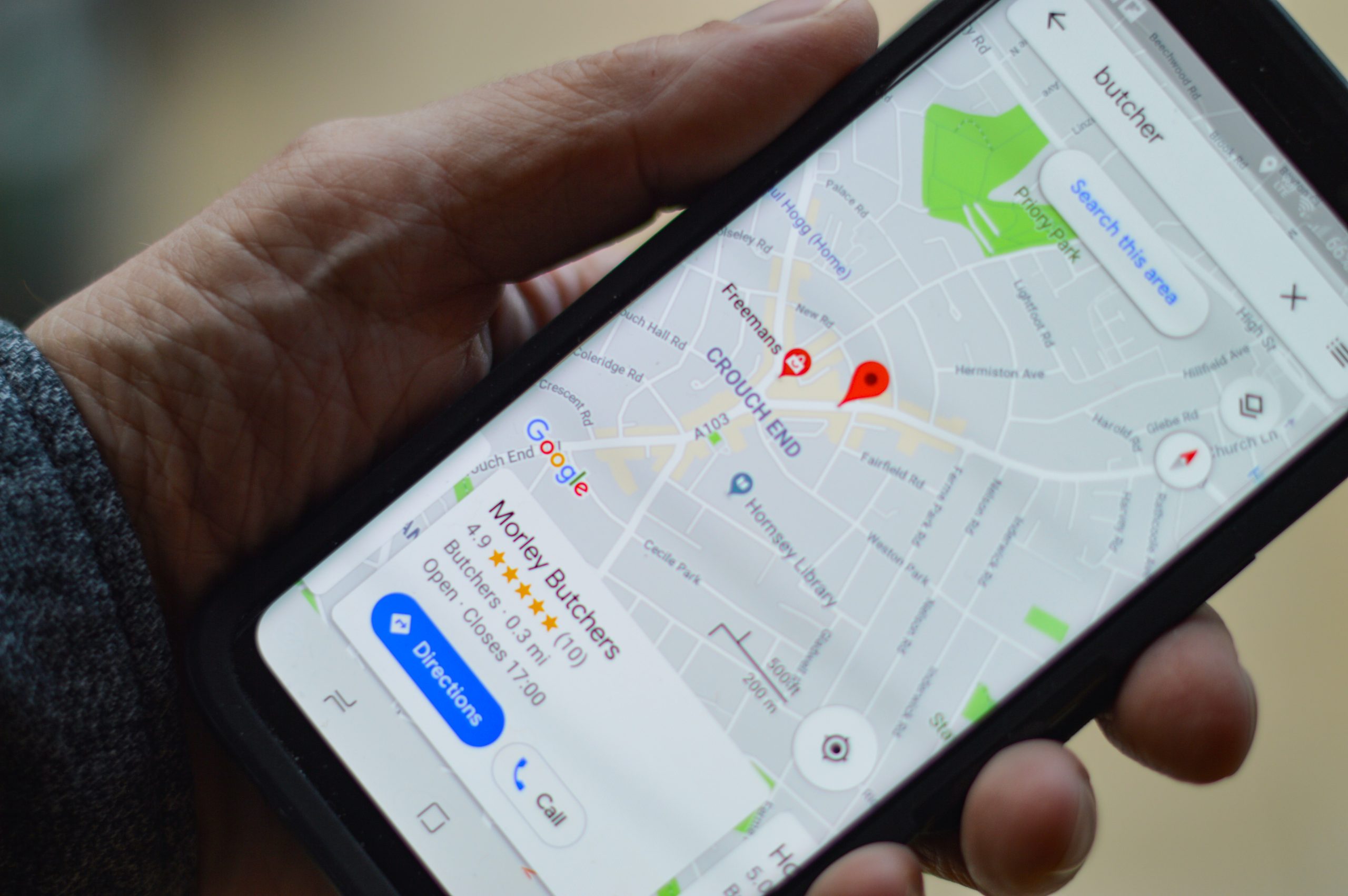Ever searched for the “best coffee shop near me” and picked a place from the top results? That’s local SEO in action. Local SEO helps businesses appear in search results when people look for nearby products or services. If you own a business and want more customers walking through your doors, mastering local SEO is essential.
Unlike traditional SEO, which focuses on ranking globally or nationally, local SEO ensures your business shows up when potential customers in your area search for what you offer. Whether you run a restaurant, a dental clinic, or a service-based business, optimizing for local search can significantly boost your visibility, website traffic, and sales.
In this guide, we’ll break down what local SEO is, how it works, why it matters, and how you can optimize your business to rank higher in your backyard.

1. What Is Local SEO?
Local SEO is the process of optimizing your business’s online presence to attract more customers from local searches. When people search for businesses, products, or services near them, Google delivers results based on location, relevance, and other ranking factors.
For example, if someone searches for “plumber near me”, Google shows a list of nearby plumbers along with their contact details, reviews, and business hours. This list, known as the Google Map Pack (or Local Pack), is a key part of local SEO. Businesses that rank well in local searches get more clicks, calls, and foot traffic compared to those buried in search results.
Google determines local rankings using factors like Google Business Profile (GBP) optimization, customer reviews, local keywords, and proximity to the searcher. Businesses that invest in local SEO strategies are more likely to rank higher and attract more local customers.
2. How Local SEO Differs from Traditional SEO
While traditional SEO focuses on improving a website’s ranking on a national or global scale, local SEO targets a specific geographic area. Here’s how they differ:
- Local Intent: Traditional SEO targets broad keywords like “best running shoes”, while local SEO focuses on location-based searches such as “best running shoes store in Chicago”.
- Google Business Profile (GBP): Local SEO relies heavily on GBP optimization, which helps businesses appear in Google’s Local Pack and Google Maps. Traditional SEO relies more on website-based ranking factors.
- Citations and Directories: Local SEO involves listing businesses in local directories like Yelp, TripAdvisor, and industry-specific listings, which help improve visibility in local searches.
Local SEO is particularly important for brick-and-mortar businesses or service providers who rely on local customers rather than online sales. If you want more people finding and visiting your business, local SEO is the key to success.
3. Why Local SEO Matters for Small Businesses
For small and medium-sized businesses, local SEO is a game-changer. It helps level the playing field against larger companies with bigger marketing budgets. When optimized correctly, local SEO drives foot traffic, increases online visibility, and boosts revenue.
Key Benefits of Local SEO
- More Local Customers: Nearly 78% of mobile local searches result in an offline purchase, meaning people searching for businesses nearby are ready to buy.
- Higher Visibility in Search Results: Ranking in the Google Map Pack puts your business in front of people actively searching for what you offer.
- Better Reputation Management: Customer reviews and ratings play a big role in local rankings. Businesses with strong review management strategies appear more credible and attract more customers.
Investing in local SEO strategies ensures that when customers search for businesses in your area, they find YOU instead of your competitors.
4. Key Local SEO Ranking Factors
Google uses a combination of factors to determine which businesses rank at the top of local search results. Here are the most important ones:
- Google Business Profile Optimization – A well-optimized Google Business Profile (formerly Google My Business) improves your chances of appearing in the Google Map Pack. Ensure your business name, address, phone number (NAP), categories, and business hours are accurate and up-to-date.
- Local Keyword Optimization – Incorporating geo-specific keywords in your website content, meta descriptions, and blog posts helps boost local rankings. For example, a bakery in New York should use terms like “best cupcakes in NYC” instead of just “best cupcakes”.
- Online Reviews and Ratings – Google considers customer reviews a strong ranking signal. Businesses with more positive reviews rank higher and attract more trust from potential customers.
- Local Citations and Listings – Listing your business on Yelp, TripAdvisor, Facebook, and local business directories increases your credibility and local search visibility.
- Proximity to the Searcher – Google prioritizes businesses closest to the user’s location when delivering search results, which is why local SEO is essential for driving nearby customers.
Optimizing these factors increases your chances of ranking higher in local searches, ultimately driving more business.
5. How to Improve Local SEO in Simple Steps
Improving local SEO doesn’t have to be complicated. Here are practical steps to optimize your business for local searches:
1. Claim and Optimize Your Google Business Profile
Your GBP is your most powerful local SEO asset. Ensure your business name, address, phone number, business hours, and services are accurate. Add high-quality images, respond to customer reviews, and regularly update your profile to stay relevant.
2. Use Local Keywords in Your Website Content
Your website should include location-specific keywords. Instead of saying, “We offer plumbing services,” say “We offer plumbing services in Dallas, TX.” This helps Google understand where your business operates and improves your local search ranking.
3. Get Listed in Local Directories
Ensure your business is listed on Google Business Profile, Yelp, Bing Places, and industry-specific directories. Consistency in your Name, Address, and Phone Number (NAP) across these platforms builds trust with search engines and boosts rankings.
4. Encourage and Manage Customer Reviews
Positive reviews increase credibility and influence rankings. Encourage satisfied customers to leave reviews on Google, Yelp, and Facebook. Respond to both positive and negative feedback to show you care about customer experience.
5. Optimize Your Website for Mobile and Speed
Most local searches happen on mobile devices, so your website should be mobile-friendly, load quickly, and offer a seamless user experience. A slow or outdated site can drive potential customers away.
By consistently applying these local SEO tactics, your business will attract more local customers, rank higher in search results, and stand out from competitors.
6. Common Local SEO Mistakes to Avoid
Many businesses fail at local SEO due to simple mistakes. Here are the most common pitfalls:
- Ignoring Google Business Profile – If you haven’t claimed your GBP listing, your business is invisible in local search results.
- Inconsistent NAP Details – If your business information is different across directories, Google loses trust in your credibility, lowering your rankings.
- Not Optimizing for Mobile Users – A slow, outdated, or hard-to-navigate website discourages visitors and hurts local rankings.
- Neglecting Customer Reviews – Ignoring reviews, especially negative ones, can damage your online reputation and SEO performance.
Avoiding these mistakes ensures that your local SEO efforts drive measurable business growth.
7. How SEOArmy Can Help Businesses Rank Locally
At SEOArmy, we specialize in helping businesses rank higher in local searches. Our customized SEO strategies include Google Business Profile optimization, local keyword research, citation building, and reputation management. With our transparent reporting and data-driven approach, we help businesses gain more visibility, more customers, and more revenue.
If you want to dominate local search rankings, contact SEOArmy today for a free consultation and take the first step toward growing your business!

Why Local SEO Matters for Your Business
Local SEO is one of the most effective ways to drive highly targeted traffic to your business. Whether you run a restaurant, law firm, or auto repair shop, optimizing for local searches ensures that people in your community can find and choose your services.
Want to boost your local rankings? SEOArmy specializes in helping businesses improve their online visibility and attract more customers through expert local SEO strategies. Get in touch today to start dominating your local market!
Some last words
Understanding what local SEO is and how it works is essential for any business that relies on local customers. By optimizing for local search rankings, improving your Google Business Profile, and managing customer reviews, you can attract more local customers and grow your business.
If you’re ready to improve your local search presence, partner with SEOArmy today and start ranking higher in your own backyard!




